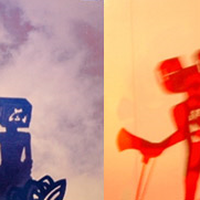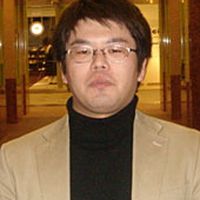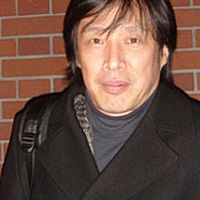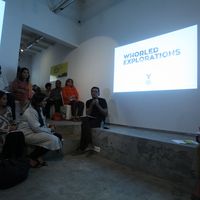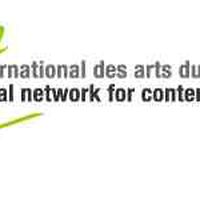Asia-EU: 4 performing arts operators reflect
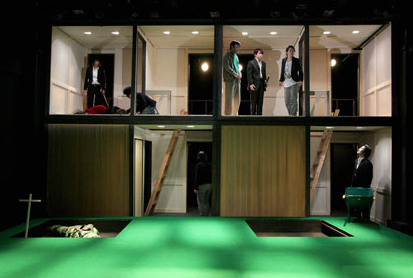
[caption id="attachment_2804" align="alignright" width="270" caption="www.saison.or.jp"]
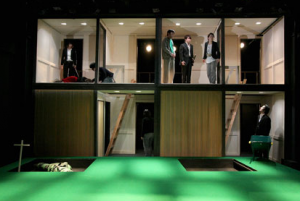 [/caption]
[/caption]Contributed by Ive Stevenheydens
Four performing arts operators reflect
What is 'contemporary' in performing arts today? What at first seems to be a very simple question actually has no straight or univocal answer at all. Can 'contemporary' be placed in opposition to 'traditional' or are these two abstract terms in a continuous relationship, in a state of flux, a love affair? How far is the 'contemporary' in performing arts related to the 'reality' of any given spot on Earth? What is the role and effect of history on the contemporary, whether this be a personal, a local or a global history? What about the effects of the broader cultural context? And what about political situations?
We already have a lot of questions here. In fact they just get more ambiguous and complex if we consider them in our age of migration of people from diverse cultural backgrounds. Which connotations do terms like 'contemporary', 'modern' and 'traditional' carry in other contexts, in different cultures and societies? If we present an artist whose work is locally considered to be 'new', 'fresh' and/or 'radical' 5000 miles away from his home base, will this other audience read the work in the same way?
We are living in the digital age. How does technology affect our thinking about 'contemporary'? Do new techniques and influences from other disciplines such as science necessarily have a positive effect on performing arts?
We discussed these and a lot more issues with four performing arts operators hailing from different parts of Asia and Europe. Their reflections function as gateways, as openings for further discussion. If anything, they make one thing clear: thinking about the 'contemporary' brings up many more questions than answers. Questions that point towards other layers and angles implicated by this highly complex and utterly captivating matter.
'I see mostly new versions of old forms'
Alison Andrews, Performing Arts Officer in the Yorkshire region for the Arts Council England. "Defining where yesterday ends, contemporary is and tomorrow begins is a highly enjoyable exercise but an impossible act".
Read more: UK: performing arts operator reflects
There are many visions of 'the contemporary' in our region' -
In 1999, Amna Kusumo and three cultural activists founded Kelola, a national non-profit organisation that promotes the vitality of Indonesian arts.
Read more: Indonesia: performing arts operator reflects
'To face and cherish our differences and similarities'
Kentaro Matsui is a theatre critic and also Programme Director of the Tokyo based Setagaya Public Theatre, a non-profit structure funded by the City of Setagaya Council
Read more: Japanese theatre critic reflects
'We are interrelated through history'
"I like to interpret the word 'contemporary' literally: a moment in time," says Daisuke Muto, Tokyo based dance critic and teacher at the Gamma Prefectural Women's University, Japan.
Read more: Japan: dance critic reflects
Proofread by Eleanor Hadley Kershaw
Similar content
15 Apr 2008
15 Apr 2008
15 Apr 2008
19 Apr 2008

